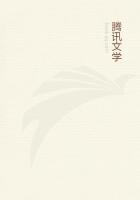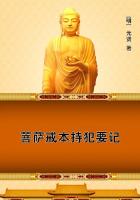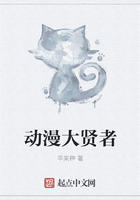Before September forty-one were buried, says Wingfield; fifty, says Smith in one statement, and forty-six in another; Percy gives a list of twenty-four who died in August and September.Late in August Wingfield said, "Sickness had not now left us seven able men in our town." " As yet," writes Smith in September, "we had no houses to cover us, our tents were rotten, and our cabins worse than nought."Percy gives a doleful picture of the wretchedness of the colony: "Our men were destroyed with cruel sickness, as swellings, fluxes, burning-fevers, and by wars, and some departed suddenly, but for the most part they died of mere famine....We watched every three nights, lying on the cold bare ground what weather soever came, worked all the next day, which brought our men to be most feeble wretches, our food was but a small can of barley, sod in water to five men a day, our drink but cold water taken out of the river, which was at the flood very salt, at a low tide full of shrimp and filth, which was the destruction of many of our men.Thus we lived for the space of five months in this miserable distress, but having five able men to man our bulwarks upon any occasion.If it had not pleased God to put a terror in the savage hearts, we had all perished by those wild and cruel Pagans, being in that weak state as we were: our men night and day groaning in every comer of the fort, most pitiful to hear.If there were any conscience in men, it would make their hearts to bleed to hear the pitiful murmurings and outcries of our sick men, without relief, every night and day, for the space of six weeks: some departing out of the world; many times three or four in a night; in the morning their bodies trailed out of their cabins, like dogs, to be buried.In this sort did I see the mortality of divers of our people."A severe loss to the colony was the death on the 22d of August of Captain Bartholomew Gosnold, one of the Council, a brave and adventurous mariner, and, says Wingfield, a "worthy and religious gentleman." He was honorably buried, "having all the ordnance in the fort shot off with many volleys of small shot." If the Indians had known that those volleys signified the mortality of their comrades, the colony would no doubt have been cut off entirely.It is a melancholy picture, this disheartened and half-famished band of men quarreling among themselves; the occupation of the half-dozen able men was nursing the sick and digging graves.We anticipate here by saying, on the authority of a contemporary manuscript in the State Paper office, that when Captain Newport arrived with the first supply in January, 1608, "he found the colony consisting of no more than forty persons; of those, ten only able men."After the death of Gosnold, Captain Kendall was deposed from the Council and put in prison for sowing discord between the President and Council, says Wingfield; for heinous matters which were proved against him, says Percy; for "divers reasons," says Smith, who sympathized with his dislike of Wingfield.The colony was in very low estate at this time, and was only saved from famine by the providential good-will of the Indians, who brought them corn half ripe, and presently meat and fruit in abundance.
On the 7th of September the chief Paspahegh gave a token of peace by returning a white boy who had run away from camp, and other runaways were returned by other chiefs, who reported that they had been well used in their absence.By these returns Mr.Wingfield was convinced that the Indians were not cannibals, as Smith believed.
On the 10th of September Mr.Wingfield was deposed from the presidency and the Council, and Captain John Ratcliffe was elected President.Concerning the deposition there has been much dispute;but the accounts of it by Captain Smith and his friends, so long accepted as the truth, must be modified by Mr.Wingfield's "Discourse of Virginia," more recently come to light, which is, in a sense, a defense of his conduct.
In his " True Relation" Captain Smith is content to say that "Captain Wingfield, having ordered the affairs in such sort that he was hated of them all, in which respect he was with one accord deposed from the presidency."In the "General Historie" the charges against him, which we have already quoted, are extended, and a new one is added, that is, a purpose of deserting the colony in the pinnace: "the rest seeing the President's projects to escape these miseries in our pinnace by flight (who all this time had neither felt want nor sickness), so moved our dead spirits we deposed him."In the scarcity of food and the deplorable sickness and death, it was inevitable that extreme dissatisfaction should be felt with the responsible head.Wingfield was accused of keeping the best of the supplies to himself.The commonalty may have believed this.Smith himself must have known that the supplies were limited, but have been willing to take advantage of this charge to depose the President, who was clearly in many ways incompetent for his trying position.It appears by Mr.Wingfield's statement that the supply left with the colony was very scant, a store that would only last thirteen weeks and a half, and prudence in the distribution of it, in the uncertainty of Newport's return, was a necessity.Whether Wingfield used the delicacies himself is a question which cannot be settled.
In his defense, in all we read of him, except that written by Smith and his friends, he seems to be a temperate and just man, little qualified to control the bold spirits about him.


